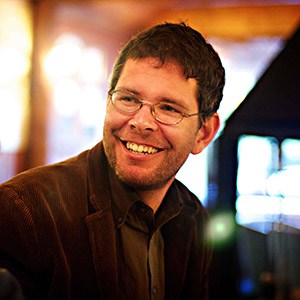Matthew Power Literary Reporting Award

Matthew Power (Photo: Amber Hunt)
Matthew Power was an award-winning journalist who reported empathetically on
the human condition. He died in March 2014, while on assignment in Uganda.
To learn about Power’s body of work, visit his website.
For a list-in-progress of contributors to the Award, please visit the Donors page.
Remembrances of Power by journalists who knew him are here, here, and here.
A video of a memorial reading of Power’s work at the Carter Institute is here.
About the Award
The Matthew Power Literary Reporting Award is a grant of $15,000 to support the work of a promising early-career nonfiction journalist on a story that uncovers truths about the human condition.
Offered for the first time in 2015, the Award has been endowed by
individuals and organizations touched by the life and work of
Matthew Power, a wide-roving and award-winning journalist who
sought to live and share the experience of the individuals and places
on which he was reporting. Power, a longtime friend of the Arthur L.
Carter Journalism Institute, died in March 2014, while on assignment
in Uganda.
The award proceeds from the recognition that many important
stories need to be reported from afar, and that publications do not
always have the resources to send a journalist where the story is. The
money need not be used exclusively for travel, but we expect that
most successful applications will include such expenses.
A panel of NYU journalism professors, outside writers, and editors will
review the proposals. Finalists will be asked to take part in an
interview online.
The judges will be interested in perpetuating Power’s legacy, as his
former editor Roger Hodge put it, of “strong, character-driven
narratives with detailed scenes and lyrical description.” Power was
always open to the absurdity that often attends politics and
international affairs; he was always searching, as he put it, for “the
human truth beneath the sorry facts.” Power’s ultimate ambition, he
added, was literary beauty.
That said, judges will be looking for a journalist as singular in his or
her own approach as Power was in his. In addition to longform print
projects, we will consider audio projects involving substantial
reporting and running over 20 minutes in length.
The award will not fund proposals to report on armed conflicts where
journalists are already imperiled, nor projects that are mainly
investigatory. The winner will normally receive visiting scholar
privileges at NYU, including library access.
Applications for the 2025 award are now open.